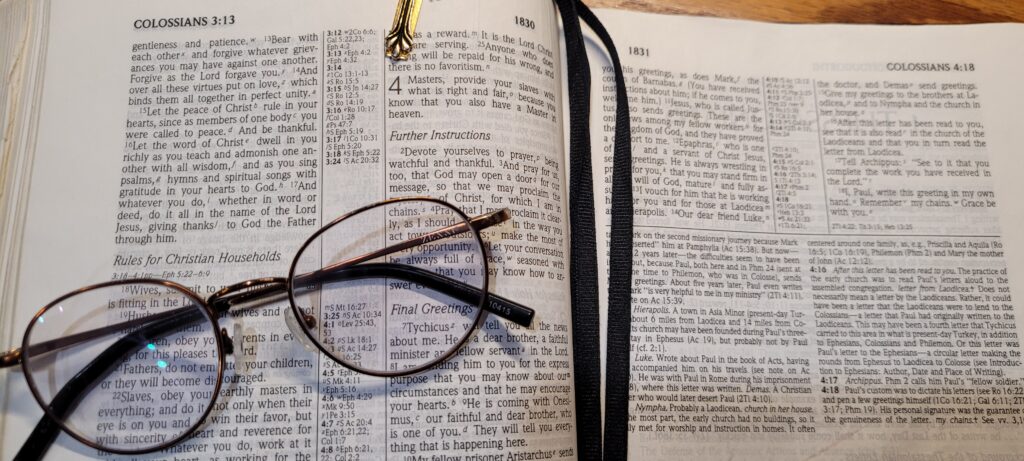Elections
Today is election day in the United States. By the time some of you read this, most likely all the results will be in and winners have been declared. Some will be elated, others despondent. Some ambivalent, others despairing, and some will not care one way or the other.
Despite one side declaring doom and gloom and the other declaring the end of all problems on earth, the results are always somewhere in the middle. And regardless of who holds power here on earth, we know the one who holds the universe in the palm of His hand.
Robert Browning wrote a poem entitled “Pippa’s Song.” While you may not be familiar with all of it, it has this phrase that you have probably heard: God’s in His heaven–All’s right with the world! The poem conveys the message that as long as things go the way we expect them to, we can attribute that to God being in control and doing His job. But what about when things don’t turn out the way you had hoped? Does that mean God is not in control?
When Jehoshaphat, one of the kings of Judah, was facing invasion by a vastly superior army, he prayed to the Lord.
2 Chronicles 20:6. “O LORD, God of our fathers, are you not the God who is in heaven? You rule over all the kingdoms of the nations. Power and might are in your hand, and no one can withstand you.
His words leave no doubt that for him, God’s presence in heaven is equal to God being in control and ruling over all things. Jehoshaphat understood that God rules everything. And this attitude was not limited to Jehoshaphat.
- After he had safely crossed the Red Sea and escaped from Pharaoh, Moses offered a song of praise that concluded with “The LORD will reign for ever and ever.” (Ex 15:18)
- Job speaks of God’s as being able to topple the strong, make the wise man foolish, and nations prosper or fall according to His will (Job 12).
- In a sermon he preached in Athens, Paul spoke of “The God who made the world and everything in it is the Lord of heaven and earth…”
God does rule. God reigns. God’s In His Heaven. So does it follow that All’s Right With The World? We definitely have evil all around us. We encounter it every day. What makes the difference is that at one point God came down from heaven to be among us and take care of that problem for us. When Christ died, bearing the sins of all men, yours and mine included, He took care of the problem of evil once and for all. He defeated the Devil. It did not end with His death. Had He remained in the tomb, Satan would have been victorious. But Christ declared His victory by rising from the dead and showing that the Devil had no power over Him. Through faith in Christ, you share in this victory. You rule with Him.
Once you accept the merits of Christ as your own through faith, all is truly right with the world. More importantly, all is right in your relationship with God. Even when you sin and fall short of God’s expectations, you have the forgiveness of sins as sure as you know that God’s in His heaven. Jesus has already paid for sin, and you believe in Him. Therefore, when God looks down on you, he no longer sees men and women condemned to death. He sees men and women who are cleansed and saved for Jesus’ sake.
And because of your faith in Jesus that looks to Him alone for your forgiveness and salvation, you can live with the assurance and confidence that God’s in His heaven, all’s right with the world!

